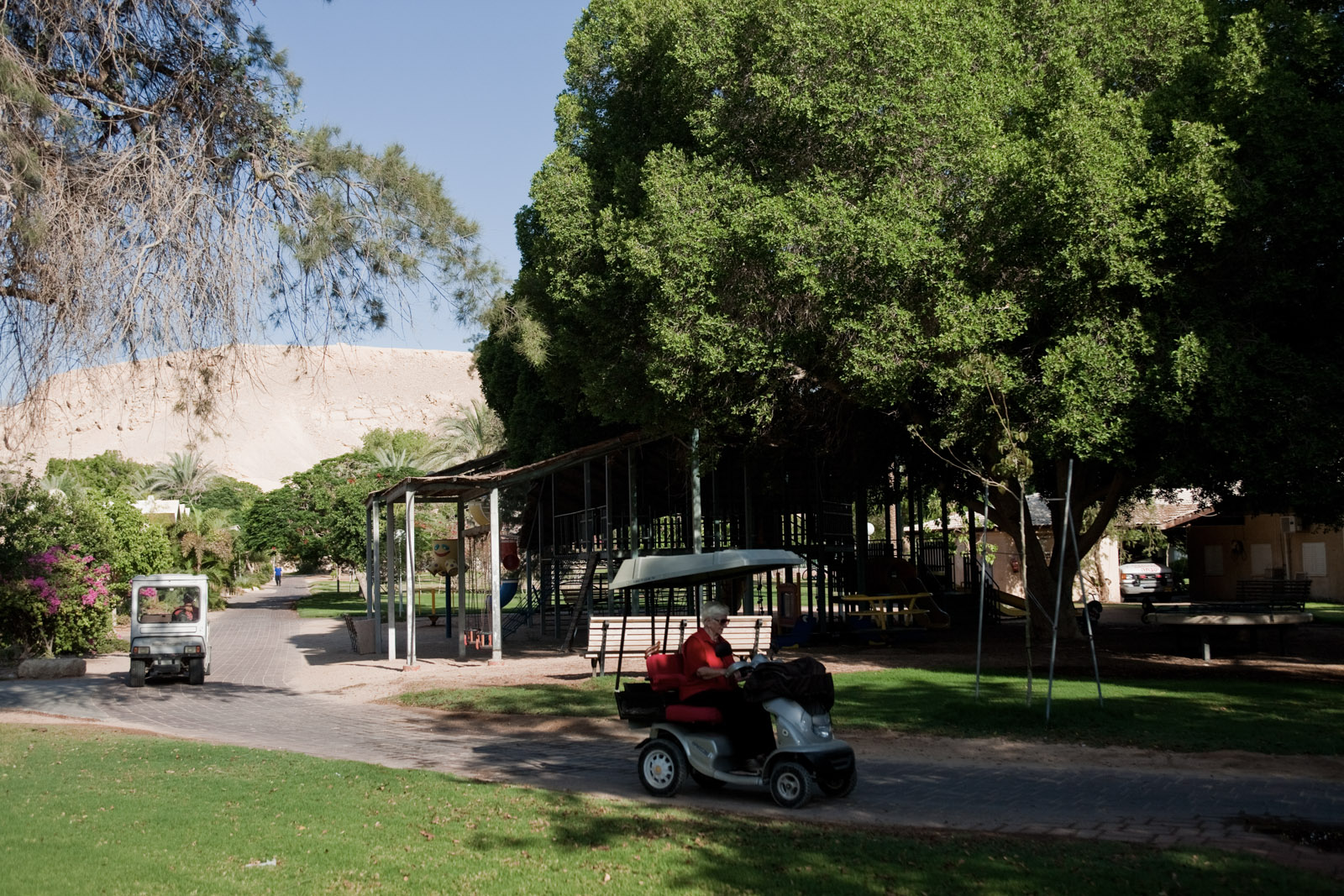The Children of Utopia
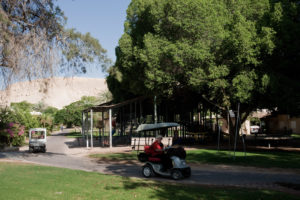
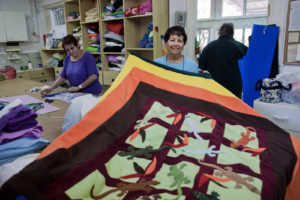
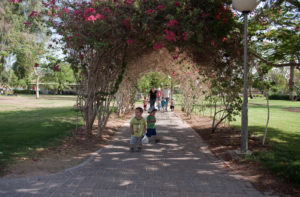
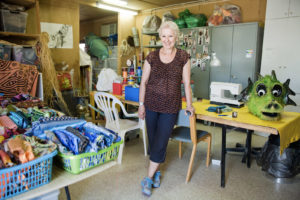
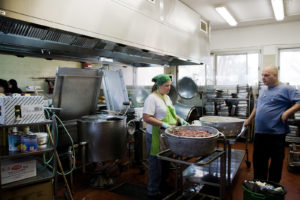
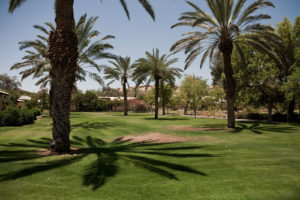
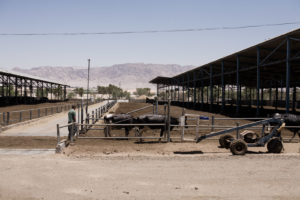
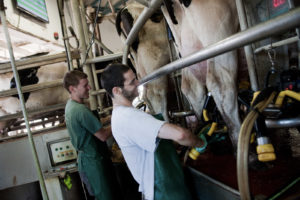
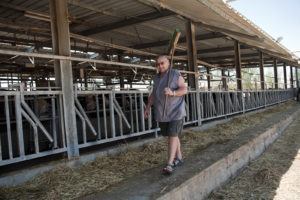
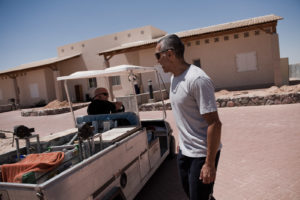
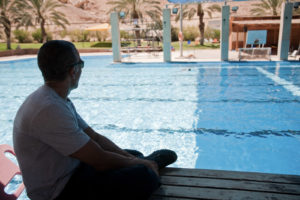
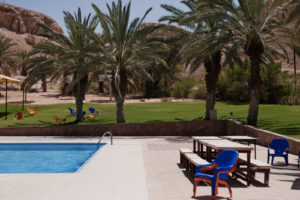
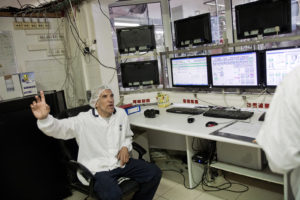
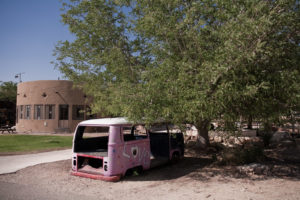
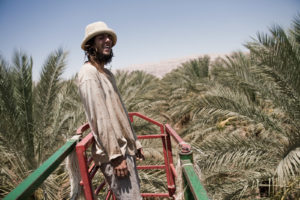
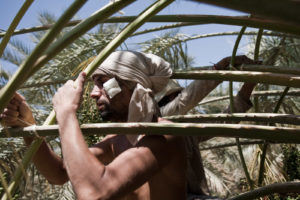
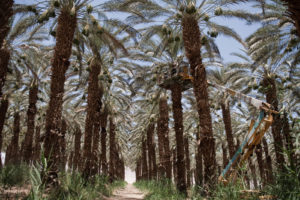
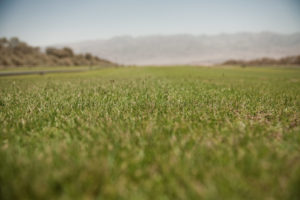
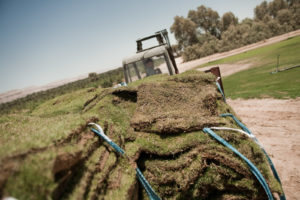
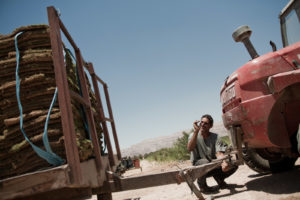
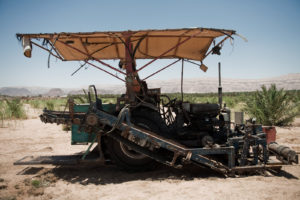
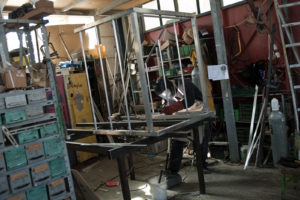
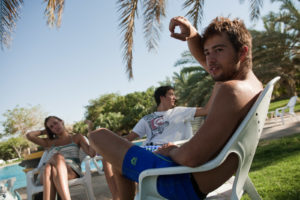
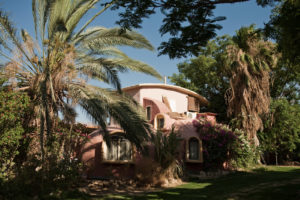
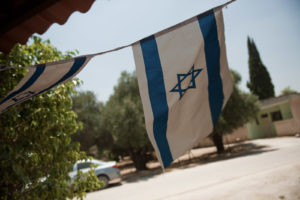
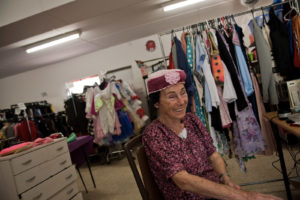
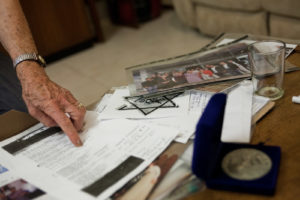
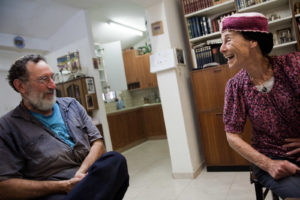
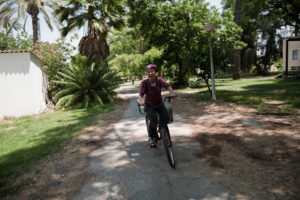
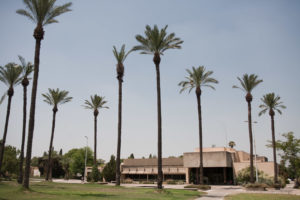
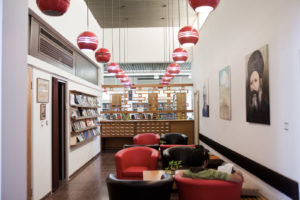
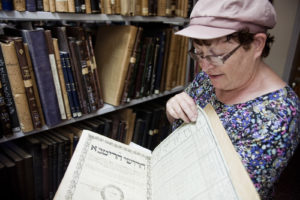

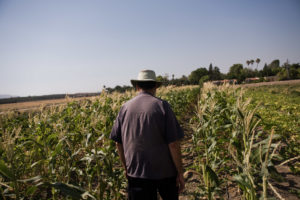
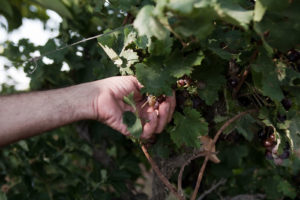
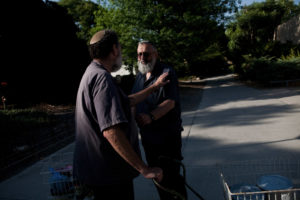
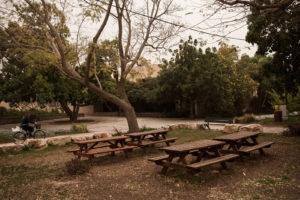
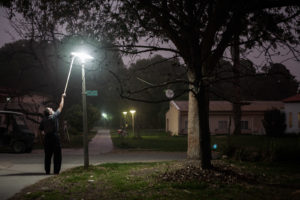
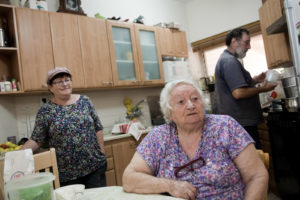
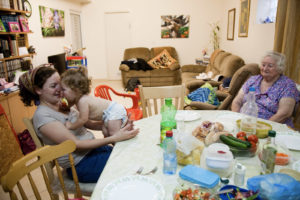
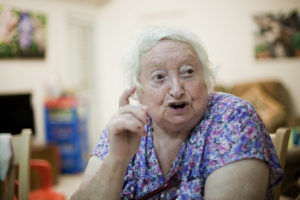
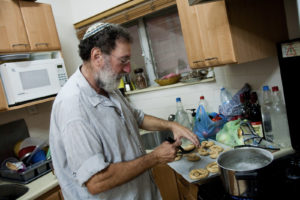
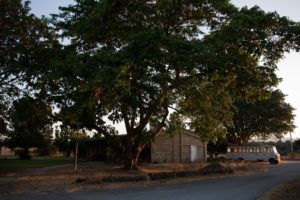
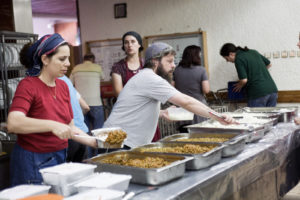
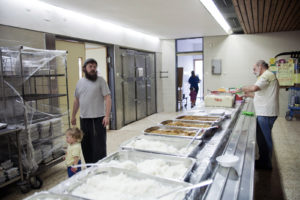
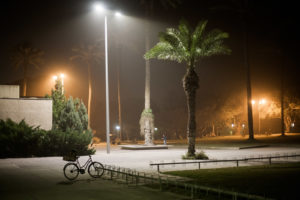
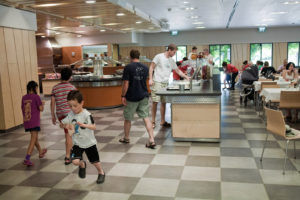
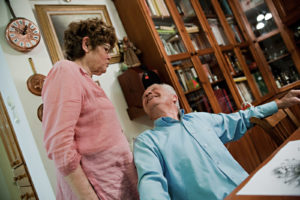
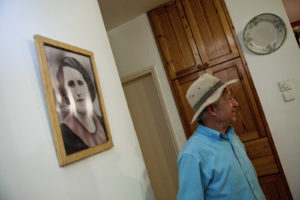
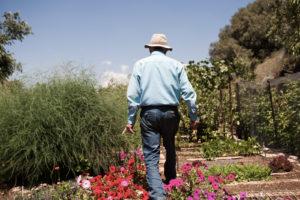
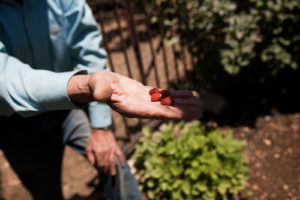
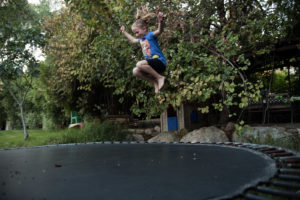
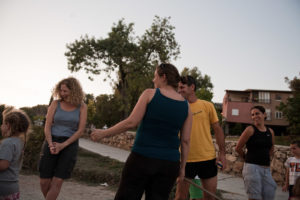
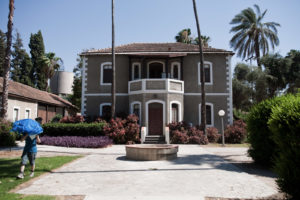
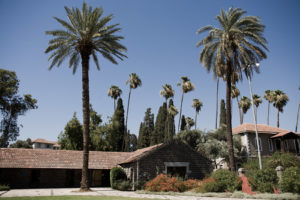
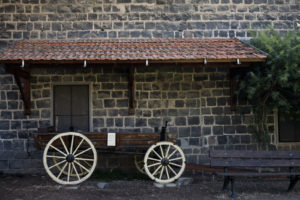
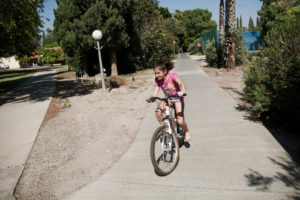
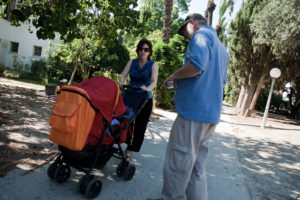
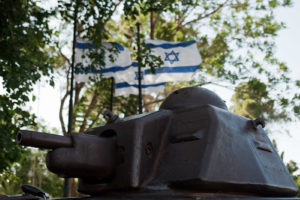
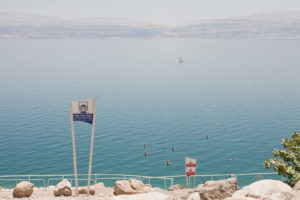
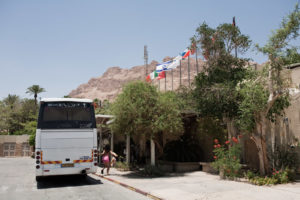
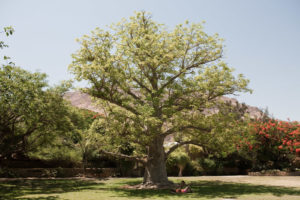
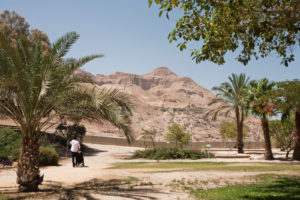
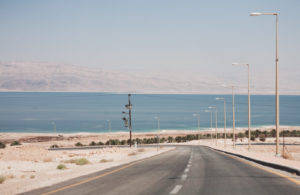
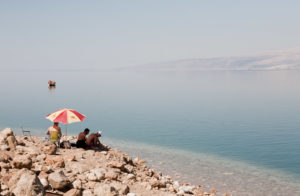
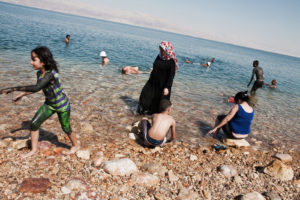
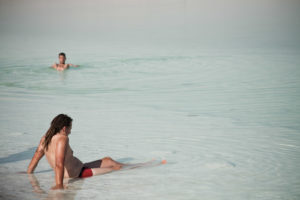
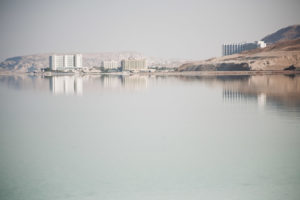
Kibbutz YotVata, an oasis in the middle of the Negev desert.
Retired women make covers for the kids of the kibbutz.
Kids walk around the kibbutz. A familiar scene in every kibbutzim.
In YotVata, Fanny, a retired woman of french origin can devote herself to her passion: crafting masks and marionnettes.
In the kitchen of the kibbutz, where the meals for the 700 inhabitants are prepared.
YotVata, an oasis in the middle of the Negev desert.
The cows are protected from the sun before being milked.
The ultra-modern milking of the cows at YotVata.
One of the founder of the cattle farm at YotVata still works there, at more than 70 years old.
Shahar, originally from Columbia and converted to judaism, lives in the kibbutz for years. He's married to Anat, the general secretary.
Shahar is also in charge of the security at YotVata.
The swimming pool of the comforable kibbutz YotVata, in the Negev desert.
Shahar, originally from Columbia and converted to judaism, works in the milk factory at YotVata.
The kibbutz Samar, in the Negev desert. Here, the rule is that "there is no rule" - almost a real anarchy ideal.
Frederico, a brazilian volunteers sings reggae songs out loud while working.
Tsafrir, a worker from Samar, and Frederico, a volunteer, attach the branches of the date-palm trees before the harvests.
The date-palm trees and machines used for the harvests.
Noah's project is growing a lawn in the desert to sell it bits by bits to hotels and golf resorts in Eilat.
Noah's project is growing a lawn in the desert to sell it bits by bits to hotels and golf resorts in Eilat.
Noah's project is growing a lawn in the desert to sell it bits by bits to hotels and golf resorts in Eilat.
The customized machine used to cut and extract squares of lawn.
Yaniv, 47, works at the workshop, upgrading the machines used for the date-palm trees harvests.
Roy, 19, makes his civil service working at Samar.
At Samar, in the Negev desert, the rule is "that there is no rule" and people can customize their house.
Sde Eliyahu, north of Israel. It's one of the few religious kibbutzim.
LIse-Rose, of french origin, a WW2 survivor, lives now at Sde Eliyahu, north of Israel. She sews costumes.
Lise-Rose just found and met the family who hid her in France during WW2 and tells her story with emotion.
Lise-Rose and Beni Gavrieli. She just found and met the family who hid her in France during WW2 and tells her story.
Lise-Rose at Sde Eliyahu, north of Israel. Biking is the preferred transport mean in the kibbutzim -- and no need to attach them.
At the heart of the kibbutz Sde Eliyahu, north of Israel.
Sde Eliyahu library.
Tsila, Beni's wife is a librarian. She shows old books that are the pride of her library.
Children at the kibbutz library.
Beni shows the corn crops. In Sde Eliyahu, everything is organic, to protect the earth for future generations.
Sde Eliyahu grapes.
Beni greets a friend.
Sde Eliyahu
Sde Eliyahu at night.
Tova, her daughter Tsila and Beni, her son in law.
Four generations share dinner.
Tova, of french and lithuanian origins, visits her daughters and grand-children at the kibbutz.
Beni prepares bretzels for the shabbat.
Sde Eliyahu, at the north of Israel.
On thursdays, the inhabitants go the common dining room to get the food for the friday and saturday, since religious jewish can't use electricity or work on Shabbat.
On thursdays, the inhabitants go the common dining room to get the food for the friday and saturday, since religious jewish can't use electricity or work on Shabbat.
Sde Eliyahu at night.
The dining room, heart of every kibbutz.
Shmuel, 76, of french origin and 2nd WW survivor, and his wife Shula. As kibbutz pioneers, they lived in the Neguev desert since 1959, before moving to Sasa.
Shmuel, 76 years old, of french origins. He survived during the 2nd world war by hiding in a forest and growing whatever edible plants he could.
At Sasa, Shmuel has taken care of the orchards for most of his life. He shows here his garden, where he grows all sort of fruits, vegetables and flowers.
At Sasa, Shmuel has taken care of the orchards for most of his life. He shows here his garden, where he grows all sort of fruits, vegetables and flowers.
Tsoar, in Tel-Aviv's suburbs.
Tsoar, in Tel-Aviv's suburbs. The inhabitants all know each other.
Degania, near the Sea of Galilea is the first kibbutz, now privatized.
The old houses of Degania, the very first kibbutz, founded in 1909.
Degana is one of the most visited kibbutz.
Degania, near the Sea of Galilea is the first kibbutz, now privatized.
A young woman, daughter of kibbutz' inhabitants, just came back to live at the kibbutz. For years, the children of Degania didn't come back, believing there was no place for them.
Degania entrance, that symbolizes the national resistance. In 1949, the inhabitants resisted to the Syrian attack.
The Dead Sea.
Ein Guedi kibbutz, near the Dead Sea. The main activity of the kibbutz is the touristic complex by it.
Ein Guedi kibbutz, near the Dead Sea.
Ein Guedi kibbutz, near the Dead Sea.
The road going down from Ein Guedi Kibbutz to the Dead Sea.
Tourists bathe in the Dead Sea
Tourists bathe in the Dead Sea
Tourists bathe in the Dead Sea
A hotel complex on the banks of the Dead Sea.
With the hope of a better society, fairer, egalitarian, and zionist, the first kibbutz was born in Degania in 1909 in Palestine. Nowadays, 2% of the israeli population still lives in a kibbutz, producing 8% of the national production. But behind the success story, 75% of the kibbutzim have been privatized, swallowed by the capitalist system, and eaten away by individualistic temptations. Still, there are bubbles of resistance like in Yotvata, a comfortable kibbutz in the middle of the Negev desert, specialiazed in milk production. Anat, a former social worker, who is now the general secretary of the kibbutz, still believes in the original principles. « Here, everyone has the same annual budget whether they takes the garbage out or they’re in charge of the finances of the kibbutz ». She doesn’t consider punishment as a solution for the lazy ones, unlike Sharar, her husband, a former volonteer converted to judaism.
In Samar, a few kilometers away, the rule is that there’s « no rule », explains Yaniv. The inhabitants have the right to change the aspect of their home, unlike Yotvata, if the council of the kibbutz accepts. The dining room is open 24/7 and it’s not rare that hungry teenagers come in the middle of the night to get some food… In a bubble ? « Yes, we are!, says Ziv, a teenager. I’m aware of all I owe to the kibbutz. That’s why I work as a volonteer, once a week ». She says she never used a shekel because she simply doesn’t need it : the kibbutz pays for her access to education, food, housing, even swimming pool…
In Sde Eliyahu, a religious kibbutz, Beni, an American-born who came to live in Israel three decades ago, speaks with enthusiasm about this place. « In the Bible it’s written, « Take this soil, and keep it. Everything is in the meaning of « keep ». It doesn’t mean for oneself, but for the next generations. » Therefore, all the fruits and vegatable cultivated at the kibbutz are organic. To honor God and preserve the earth. On thursday evenings, the families come to the dining room to get the meal of the shabbat — during which they don’t use electricity. Tova, the grand-mother, came to visit the family. With a delicious french-lithuanian accent, she says: « It’s miraculous! Imagine when the first kibbutznik came, there was nothing. Nothing. ». Shmuel confirms this, he had to hide in the woods during the Occupation in France to avoid being deported, and survived because of the informal agriculture. Today, he’s fond of his garden, a wonderful place near the border with Lebanon. « When we settled in the 50’s in the Negev desert, the country was to be built. We had no water, no ventilator, no bathroom. Ideology was so strong that our classical music records were taken from us immediately. Even our children were raised in communal kindergardens and didn’t sleep at home », he remembers.
If the situation has changed a lot with the modernization of the kibbutzim, and that their industrialisation was necessary to survive, the kibbutz remains the biggest community movement in the world and a place where the human being is responsible and believes in a strong model of improvement. Fanny, a beautiful 60 years old, has lived in Yotvata for 30 years : « I don’t regret anything, but now I’m retired, I know it’s time to think about myself… »
[Published in Paris Match, november 2013]
Stories | Tags: israel, kibbutz.
Propulsé par WordPress et bidouillé à partir de F8
Contenu protégé, merci de me contacter pour toute utilisation
© 2025 Juliette Robert – Photographer
CGV // Terms & conditions
